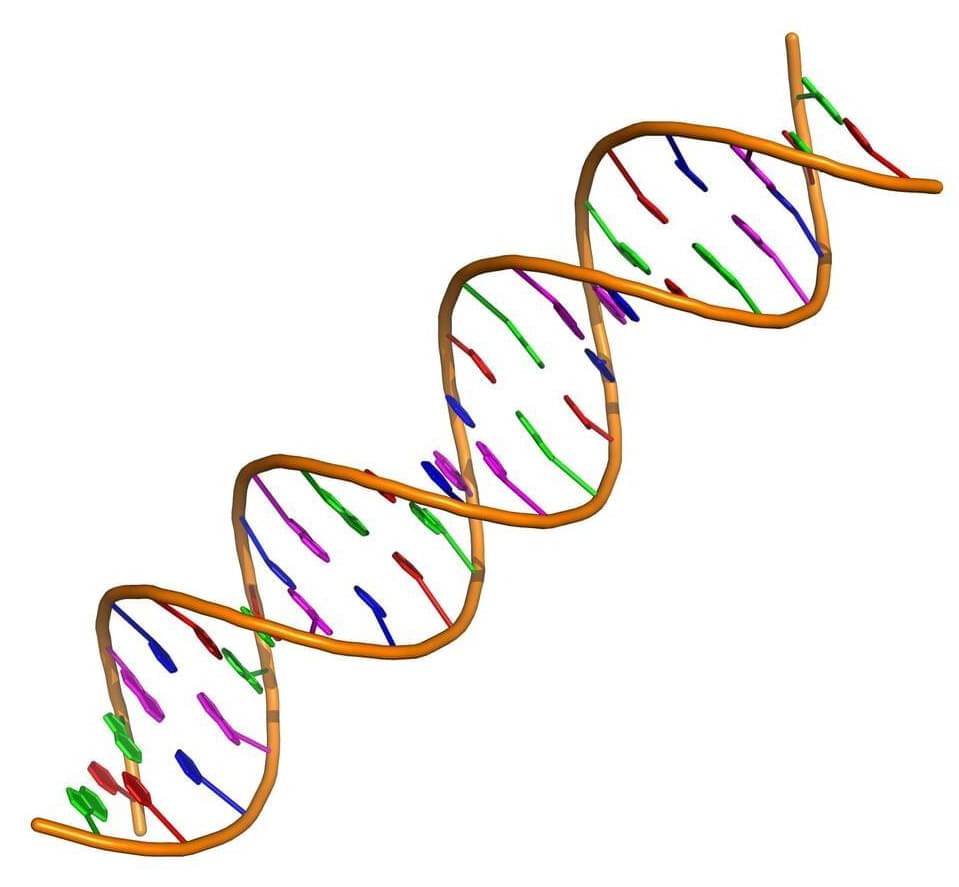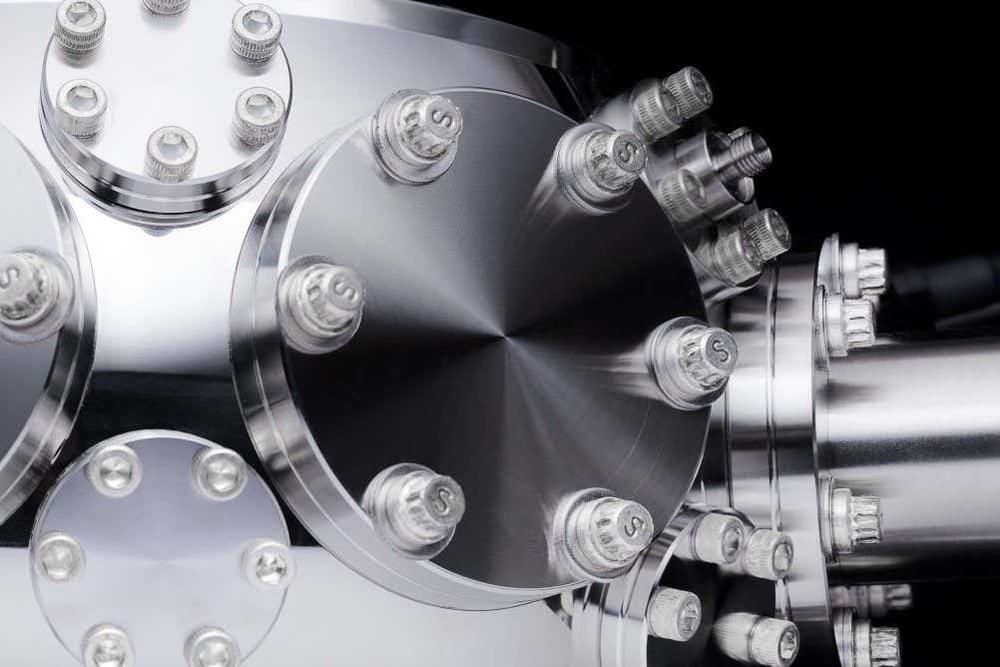Taiwan’s dominance of the semiconductor manufacturing market has made it a vital geopolitical interest for the US.
Taiwan dominates the world’s supply of computer chips — no wonder the US is worried.
One aspect of Nancy Pelosi’s trip to Taiwan that has been largely overlooked is her meeting with Mark Lui, chairman of the Taiwan Semiconductor Manufacturing Corporation (TSMC). Pelosi’s trip coincided with US efforts to convince TSMC — the world’s largest chip manufacturer, on which the US is heavily dependent — to establish a manufacturing base in the US and to stop making advanced chips for Chinese companies.
US support for Taiwan has historically been based on Washington’s opposition to communist rule in Beijing, and Taiwan’s resistance to absorption by China. But in recent years, Taiwan’s autonomy has become a vital geopolitical interest for the US because of the island’s dominance of the semiconductor manufacturing market.
Semiconductors — also known as computer chips or just chips — are integral to all the networked devices that have become embedded into our lives. They also have advanced military applications.
Full Story:





 עברית (Hebrew)
עברית (Hebrew)
